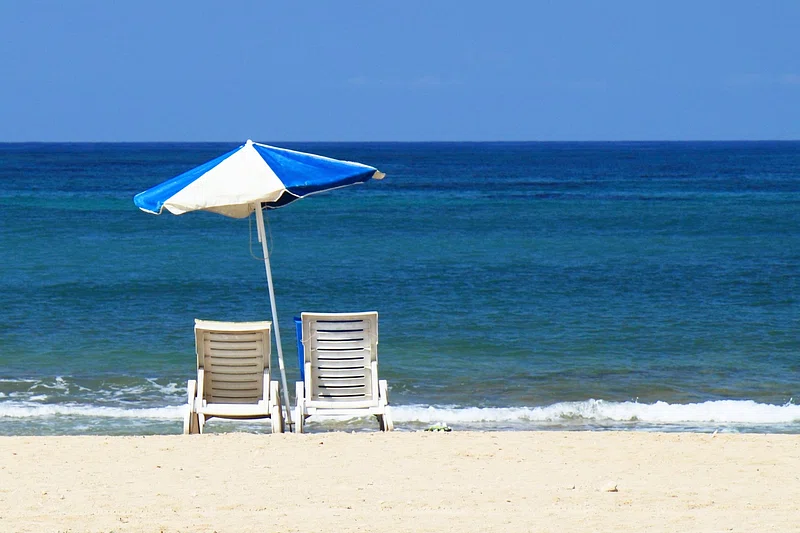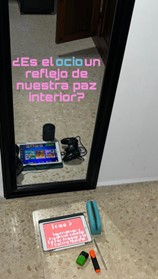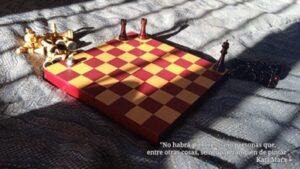
01 aug I.E.S. Fernando Quiñones – Spain
Citizenship on holidays: embracing the summer
Summer holidays are here, bringing a well-deserved break for both students and teachers. However, the arrival of free time prompts another reflection on what it means to be a citizen. Our students start the summer period with their work done, for in a society focused on immediacy and productivity, it becomes essential to ask: “What is leisure?”
Our high school students have tackled this question by participating in the Philosophical Olympiads of Spain, which have encouraged hundreds of young people to reflect on this human right from various perspectives during this school year, starting with an analysis of Article 24 of the Charter of Human Rights. Being a citizen also means understanding why it is so important to defend this right, which is as inalienable as any other.

Through written essays, videos, and photographs, our students have concluded that leisure is not just free time but also choosing and building the world they want to live in. Leisure is one of the cultural universals that occupies much of our contemporary reflection.

All these works have been part of the national debate, which, during the school year, has been led by young people who have developed deep reflections while engaging with social media or binge-watching series in their free time. Tourism and excessive workloads have also been significant topics in this joint debate.
In an era of immediacy, consumerism, and excessive self-productivity, rethinking how we spend our time during breaks or vacations is essential. Our students have also faced this current issue this year, concluding that leisure is not just about pleasure and well-being but also about self-knowledge and identity. Having the necessary time for contemplative life promotes creativity, and with it, human progress.
Among other things, students have reflected on the type of tourism promoted by consumerism: cheap and overcrowded. This issue directly affects citizenship, as this kind of tourism reshapes cities and turns parts of them into small amusement parks, where what is sold is fake and does not belong to the city’s authenticity. Cities become “disneyfied,” a term used by Alan Bryman to describe this phenomenon. If cities are remodeled, even urbanistically, for excessive tourism, we might need to consider what we expect from our leisure time as citizens and how this influences the social and democratic model we want to build. Our students have done just that, living each summer in Chiclana with mass tourism and the coastal urban organization.
As Dr. Carmen Baños, a philosopher, states in her work, the current concept of leisure “revolves around the welfare state and free choice,” issues directly related to citizenship. Being a citizen, even on vacation, means deciding autonomously how we want to spend our free time and how our choices affect society.


